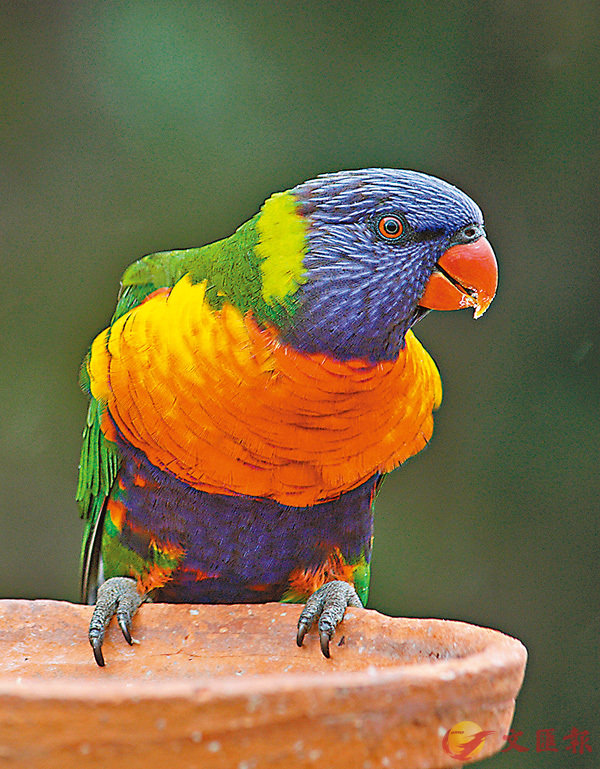
那天偶然看到一群白鸚鵡飛到樹上歇息,才知道香港市區的野鳥除了麻雀及斑鳩等,還有鸚鵡。鸚鵡的英文是Parrot,是一種熱帶鳥類,通常顏色鮮艷美麗,但最為人熟悉的本領,當然是牠們擁有模仿人類說話的技能。
Parrot the information:搬字過紙
我家附近就有一間商店養了一隻鸚鵡懂得說「恭喜發財」。鳥類腦部簡單,沒有人類思想和意識,所以鸚鵡不會明白「恭喜發財」的意思,牠們學習人言,只是機械式模仿發音,並不懂得說話中的含義。
當Parrot用作動詞時,帶有負面意思,解作重複別人的說話或意見,不經思考,亦不明白當中意義,只是機械式的重複。
'He seldom had opinions of his own. He just parroted everything his parents said.'
他很少有自己的意見,凡事只會重複父母的說法。
'Students are trained not to parrot the information, but to think analytically.'
學生要懂得思考分析,而非接受照搬資料的訓練。
'Many legislators are criticized for just parroting views which they have not examined carefully.'
很多議員被批評一字不差複述一些沒有經過自己細心分析的意見。
Parrot-fashion:鸚鵡學舌
作為副詞的Parrot-fashion(鸚鵡式),則用來描述說話行為只是機械式的重複,沒有思考、理解或主見。
'These young pupils are reciting the poem parrot-fashion. I don't think they can understand it at their age.'
這些小學生只是如鸚鵡般背誦那首詩,我不覺得以他們的年紀能夠了解詩中真意。
'She learned the theories parrot-fashion, so she couldn't apply them in real life situations.'
她只是死背了那些理論,因此不懂在現實生活中應用。
'People were not satisfied with the official's answer because he had just repeated words from the report parrot-fashion.'
人們不滿意那個官員的回答,因為他只是鸚鵡式重複報告中的字句。
Sick as a parrot:垂頭喪氣
另一個與鸚鵡有關的用語是(as)sick as a parrot(病鸚鵡一樣),意思是十分失望,早期是運動場上球迷用作表達對球隊的失望,但後來日常生活中亦用到。
這比喻的來源不能確定,有相信是一種鸚鵡感染的病菌,會傳播到人身上,曾經在非洲引發多人死亡,所以便用「病鸚鵡」描述失望時的情形。
'He was sick as a parrot when he didn't get the promotion.'
他沒有被擢升,垂頭喪氣。
'She felt as sick as a parrot when she lost the match in the first round.'
她在首回合敗下陣來,十分懊喪。
這些與鸚鵡有關的用語都不太正面,但肯定的是學習時不能如鸚鵡學舌,只懂背誦,不求甚解,必須明白真意,獨立思考。■Lina CHU [ linachu88@gmail.com ]
隔星期三見報

